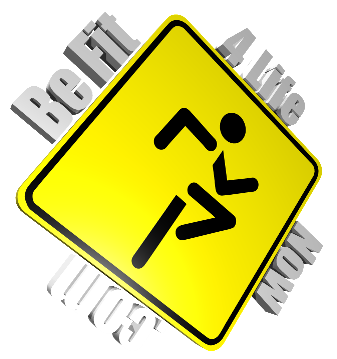What is a strain?
A strain is a stretch or tear of a muscle or tendon. Tendons are strong bands of tissue that attach muscles to bones. People commonly call muscle strains “pulled muscles”.
How does it occur?
The usual cause of a muscle strain is forceful contraction (tightening) of the muscle during an activity. For example, it might happen when you run, jump, throw, or lift a heavy object.
What are the symptoms?
•You may feel a burning or a popping at the time of the injury.
•The injured muscle is painful
•It is hard to use the injured muscle
•The injured area may be bruised or swollen
How is it diagnosed?
Your health care provider will examine the injured area and find that it is tender or painful. It is important to rule out any serious injury including a muscle or tendon tear/rupture or avulsion injury, which requires specific treatment.
How is it treated?
The general rule for treating strains is R-I-C-E.
Rest: At first you will need to avoid activities that cause pain. If you have a leg strain you may need crutches.
Ice: Put ice packs on the strained muscles for 20 to 30 minutes every 3 to 4 hours. Do this for 2-3 days or until the pain goes away. You can also do ice massage: freeze water in a paper cup. Rub the injured area with the ice for 5 to 10 minutes, three times a day. This is especially useful for strains you have had for more than a few days.
Compression: Wrap an elastic bandage around your strained muscle to reduce swelling.
Elevation: Keep the injured muscle elevated above your heart as much as possible.
Also: Depending on which muscle is strained, you may be given crutches, a brace, or a sling.
Your health care provider may recommend anti inflammatory medication or other pain relievers. You may be given exercises or advised to under go physical therapy to recover faster.
How can it be prevented?
The best way to prevent strains is to warm up properly and stretch your muscles before exercise. The more flexible and stronger your muscles are, the less likely they will be strained.
SportExcel Health and Human Performance, Becky Mapes, PA-C, MPAS


No comments:
Post a Comment